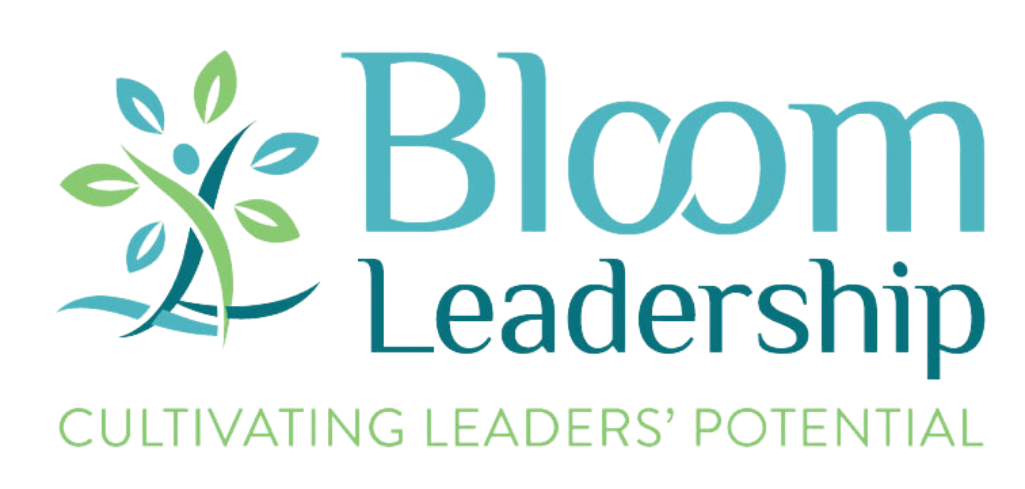Are You in Congruence?
Asking yourself whether or not you’re in congruence is important when considering Whole Person Development. However, we must first ensure that we know exactly what congruence means.
What is Congruence?
For many of us, congruence is a term we haven’t heard since high school geometry. Mathematically speaking, congruent angles have the same degrees or radians, which means that they were balanced. In relation to people, there is a similar definition of congruence – in balance, in harmony, in agreement; Congruence relates to consistency and conformity.
Everyone has individual thoughts and beliefs about themselves. These internal musings are often referred to as “belief boundaries” as they help us shape our life decisions and goals. For example, we consider where we want to pursue our educations; we decide if we want to get married, and to whom; we choose which car we want to drive; we plan what our retirement should look like and how what steps need to be taken to get there.
Unfortunately, our belief boundaries can be just that: boundaries. They instill limitations on what we think we can accomplish based on our self-perception. We believe something is impossible to achieve, based on our education, experience, or personality.
On the other hand, the best part about belief boundaries is that they can be broken. We can push ourselves to excel beyond our perceived limitations through self-awareness and open-mindedness. We have the ability to believe we can grow bigger, stronger, and more capable of achieving our goals.
However, if you’re not in congruence, you won’t be able to break through those barriers and experience Whole Person Development. Everything you do or choose to pursue must be in congruence – in alignment, in agreement, in balance – with who you are.
Assessing Congruence
Here’s an easy exercise to assess whether or not you’re in congruence with your current occupation:
Consider your job: What do you think about it? Does it line up with your goals and who you are? Does it align with your values?
Think about your abilities in that role: do you have the skills to be successful? Do your values align with the company and your position? For example, if you dislike the sales process and find yourself in a sales role, you’re out of congruence.
Contemplate what you need to succeed at your job: Are you committed to those activities? Are you doing what you need to be doing to be successful? Are your daily activities in congruence with the role’s needs? If you love to be on the road giving presentations every other day in a new city, and that’s exactly what your role requires, then you are in congruence.
Finally, one of the most important considerations is about the business for which you work: do you believe in the organization? Do you believe in the hierarchal system that’s been put in place, and your superiors? If you think everyone up the chain is corrupt, you’re out of congruence.
The Applicability of Congruence
The congruence model is a versatile tool that is applicable to any of the six areas of Whole Person Development. With some simple self-reflection, you will easily be able to determine what aspects of your life are working in your favor, and what might need to be changed.
For example, meditation is a trendy method of self-care that has resurfaced over recent years. Just because this is a commonly practiced exercise doesn’t mean it will work for you. Think about it: what’s your view on mediation? Do you truly believe in the process? Are you committed to it? If not, do you need to be? Finally, if you can’t answer yes to any of those questions, then why are you doing it? This same evaluation can be applied to almost anything in life: relationships, lifestyle choices, and careers.
It’s time to get into alignment – with your values, your purpose, your motivating factors – with you.
Meredith Wailes is the president of Bloom Leadership.
Her goal is to eliminate suffering in the workforce by creating exceptional value and growth for business and entrepreneurs.
For more information on how we achieve this please check out Bloom Leadership.
More of the Latest Insights





